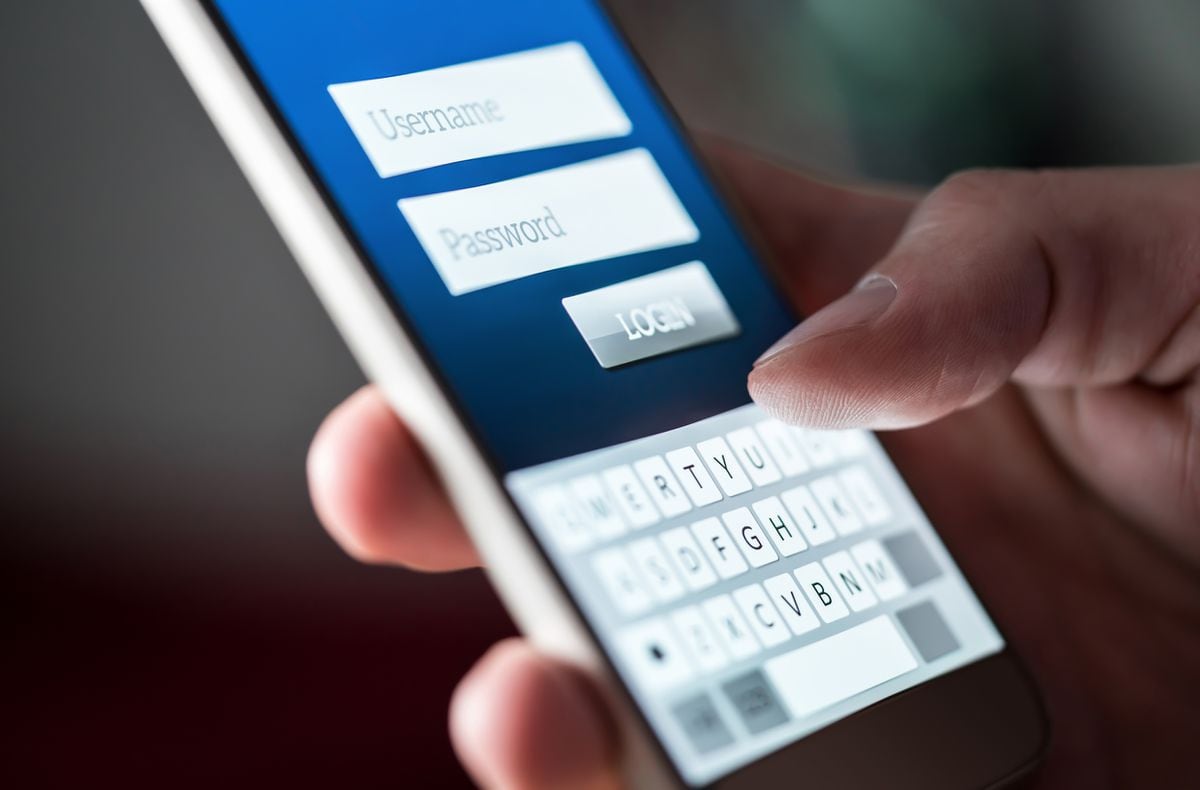Death is an uncomfortable certainty that no one likes to address, and it always comes at the worst time. Last wills can help us keep physical and earthly things well connected, but what happens to the data stored or held in our WhatsApp messages, Instagram profiles and other social media accounts and emails? The internet activity of the deceased remains in the cloud indefinitely and inaccessible to his family and friends.
Times have changed and today’s society lives on two platforms: physical and digital. While it is common to leave a written document with last wills and distribution of assets upon death, the importance of managing our digital legacy is rarely considered. Social networks, messaging apps, emails… all active and in the cloud, sometimes with compromised content. Borja Adsuara, a lawyer specializing in digital law, refers to the regulation of this content as “digital inheritance, the set of digital goods and services left behind when a person dies.”
Who is in control?
This is a complicated issue because companies that provide online services – such as Google, Apple or Facebook – have very strict privacy policies that restrict access to the accounts of deceased users. When a teenager was killed by a train in Germany in 2012, her parents demanded that Facebook put the access code into her account to determine possible causes. It must be a judge, after many years, I told the reason for that And will force Mark Zuckerberg’s company to provide the password. “In that case, it was the judge who ruled that knowing what happened had more value on balance than the person’s privacy,” Atsura explains.
Some allow close family members to request account closure, but full access to information is rarely granted without the express consent of the original account holder. That is, account holder should be appointed successor of the account, or specify that you want the account to live, pay tribute, and to do so, determine which contact will manage it. These people are called Legacy communications, who is responsible for keeping the account alive by replying to or reviewing messages and occasionally uploading souvenir photos. In this sense, without adequate preparation, this maze of regulations leaves families in an uncomfortable and often emotionally drained position.
Ethical and legal issues
The law has not fully adapted to this new paradigm. Accessing an account without express permission is illegal in many places, regardless of good intentions. Not only does this put loved ones in a difficult situation, it also raises ethical questions about the privacy and ownership of postmortem digital information. Another highly publicized case happened after the tragic San Bernardino shooting: The FBI asked Apple to unlock the shooter’s iPhone and the Cupertino company flatly refused, arguing that its customers’ privacy came first. device.
Google, the great container of personal information on the Internet, is thinking about this posthumous legacy, and for those who want to tie it all up nicely, start a name. Passive Account Manager, someone responsible for telling what happens to the deceased’s information. If the number is not named, the California company allows people close to you to delete or manage the account A shapeBut this process is very complicated because, as we have seen, the privacy of the owner and the wishes of his family collide.
In this sense, atsura remembers that part of this content can affect the image of the deceased; Unknown relationships with third parties or compromising matters can be detected: “For example, if you access your wife or husband’s Twitter account and see direct messages of intimate content from a third party…”, he explains. Brigitta Kavaliskaite, head of communications at the Defense Institute NordVPNAnd says: “In Spain, no specific law is recognized Postmortem digital amnesia Total, but there is Law 10/2017 on digital wills. However, the law should be broad enough to cover all situations.
Preparation and forecasting
To avoid these problems, detailed planning is essential. The first step is to take an inventory of all accounts and passwords. Someone you trust should have access to this chart in case of death. “The best thing to do is to designate a trusted person who can indicate in the app or social network that you are enabled to manage this information,” Atsura explains. Other cloud services like Dropbox also allow loved ones to consider a death scenario Access request to the account of the deceased.
It is equally prudent to draw up a digital will with clear instructions on how online information should be handled. However, this expert warns of the risk of confusing terms: an inheritance signed by a notary is not the same as a digital one. The second is “Who has access to my email or social media accounts, for example.”
Our digital lives are an extension of our physical existence, filled with memories, personal data and social connections. There are things we want to leave in our memory, but others we want to remain inaccessible go with us. A digital diary, conversations with friends or acquaintances on WhatsApp… this kind of content has no more than personal value, but it can damage the posthumous image of the deceased. How to make sure that no one can access it?
There are only two ways to ensure the inaccessibility of this information: delete it or have end-to-end encryption so that no one, not even the service provider, can access the content. Services like Nordlocker oh Walt Dropbox guarantees that anyone without the keys can’t access what’s saved; Therefore, there are several warnings that the owner should provide, recognizing data loss if the keys are unknown.
You can follow EL PAÍS Technology Inside Facebook Y X Or sign up here to reach us Seminal Newsletter.

